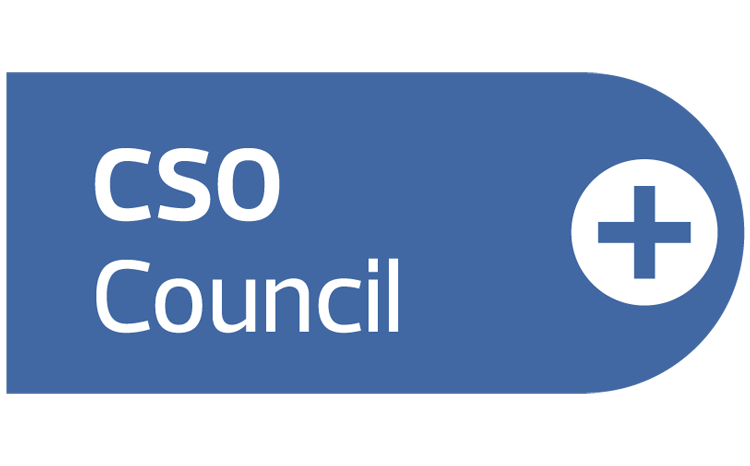‘Time released to care’ should not be the main measure of digital’s success
- 14 September 2023

There should be much greater focus on the ‘benefits realisation’ of digital projects in the NHS. But take care to avoid adding to clinicians’ risk of burnout, says associate chief clinical information officer Ben Jeeves
The sheer number of digital projects and initiatives in healthcare can be overwhelming even at a trust level, and the pace of change is set to accelerate as digital is viewed increasingly as key to managing challenges across the NHS. These pressures may result in benefits realisation work not having the required resource or focus that it deserves.
I am fortunate that ‘benefits realisation’ is one of the pillars of my role as associate chief clinical information officer (ACCIO) at Midlands Partnership University Foundation Trust. The other two pillars are ‘clinical safety/governance’ and ‘engagement’.
I work alongside two ACCIO colleagues. Even with benefits realisation being a defined part of our role, pressures have meant that undertaking this work in a structured, project by project basis has taken time to build momentum. This is further compounded by the fact that we are each only two days a week in our ACCIO role.
More time to be stressed
A further challenge is that, in the fast-paced world in which we live, expectations are often very high when it comes to new digital initiatives and solutions. However, we all know that post deployment, new systems and ways of working take time to come to fruition. This is helpfully demonstrated by the Gartner hype cycle. For me, this is where the engagement pillar intertwines with the benefits realisation pillar. We need to set expectations around when, and by how much, benefits are likely to be experienced.
How can we ensure that there will be benefits? By engagement. By upskilling the workforce. By leading and managing the change. Expectations need to be set and defined early with clinical teams and users. The data and narratives around the chosen metrics can then feed into our post deployment benefits analysis.
A heavily quoted metric for benefits realisation is ‘time released to care’. We need to be very careful around this, as it can quite easily become one of the big ‘sells’. Time released to care should not become the single most important metric for measuring the success of a project, initiative or change in ways of working. If we expect digital to release significant time savings so that they can be purely reinvested in direct clinical care, increasing the amount of clinical contact that clinicians have with patients, we run the risk of directly contributing to the burnout risk of our colleagues.
Useless minutes
Another issue is that the time released isn’t always useable. How much, and where, time is released will have a direct impact on whether it can be used. We might be expecting ‘X’ minutes to be released, but can someone’s way of working be changed in an appropriate and suitable manner, to allow them to use the released time? Healthcare needs to become more efficient. However, when considering this in the context of digital we also need to reduce the burden and pressures on our clinical colleagues. Work smarter not harder, but also more effectively.
We see siloed working in the clinical context, but we can also see it in a project context. After a solution is deployed, true benefits are likely to emerge weeks and months down the line. We must blur the boundaries, where appropriate, between project teams, business as usual, and clinical leadership.
Much like clinical safety, successful benefits realisation starts at the beginning with sound baseline measurement. I would encourage you to consider what your current capacity is for benefits realisation, reflect on the importance this has on your current projects, their successes and your future successes. What are your challenges? What are your successes? Let’s keep learning from each other, and let’s ensure lessons learnt become lessons realised.

Contact Ben Jeeves:
X (formerly Twitter) @bjeeves
LinkedIn (1) Ben Jeeves | LinkedIn





3 Comments
Great blog. I enjoyed reading this and found myself nodding along. I wonder if we hope to get more clinical buy-in if we say ‘more time to care’ is a benefit. Unfortunately then we don’t ensure the work via training is done to maximise the system benefit that may at some point improve patient care. Great working with you @bjeeves ????
Great piece Ben, certainly lots of great points well made 🙂
Very well said Ben.
Benefits Realisation Management should start at the idea stage – “why is this project/investment a good idea? – what impact will it have? – how will we know that it has made a difference?”. Benefits should be understood before the business case stage – whoever has the idea must be able to articulate them. Then clarified in the business case with baseline measurement and realistic forecast calculations, to support investment decisions, otherwise on what grounds are decisions being made and how are you going to know that the project/investment was a success? Benefits Realisation Management, stakeholder engagement and change management would be so much more straightforward if there was executive level commitment to this approach.
Comments are closed.